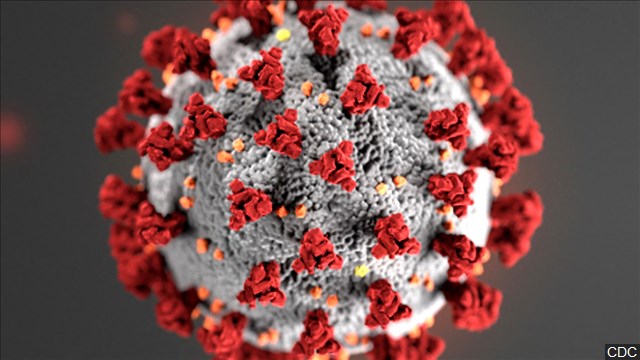Following the outbreak of COVID-19, we activated our Corporate Crisis Management Organisation, which is headed by the Executive Committee and chaired by CEO Henrik Poulsen, to steer Ørsted through the unfolding global crisis.
Our first priority is the health and well-being of our employees and their families and the communities we are a part of. We closely follow the situation in the markets in which we operate and implement national guidelines and regulations. This includes preventive measures such as travel and commute restrictions, working from home, splitting of teams, quarantine policy for infected and potentially infected employees, and enhanced hygiene at all locations. We have instructed and encouraged all employees to be disciplined in following all preventive measures.
We will implement further measures as deemed necessary, and in accordance with the development of local authorities’ guidelines.
Ørsted plays a key role in supplying the energy which societies depend on. Ørsted’s operational and financial situation remains stable. We maintain continuity in all business-critical operations even with the extensive preventive measures being implemented, including a large number of employees working from home. In particular, please note that:
- our asset base is fully operational at availability rates within the normal range
- we continue to meet our heating and electricity supply obligations
- our construction projects are all progressing according to plans
- due to our extensive hedging programme, we remain largely shielded in the short to medium term from the current extreme market volatility and see limited risk of being materially impacted by decreasing gas and power prices as well as volatile currency rates
- our liquidity reserve is sized to support our significant investments in renewable energy projects. We currently have more than DKK 30bn in liquidity reserves (cash, cash equivalents, and committed facilities), which can support our operations and construction programmes through 2020 and 2021 without further funding.
We remain vigilant about the unfolding global crisis and see the following risks potentially impacting our activities:
- Travel restrictions and quarantined employees may impact our ability to keep our site operations and our internationally staffed service operation vessels fully manned. This may over time impact the availability of wind farms. However, we see no COVID-19-related impact on availability so far.
- Travel restrictions and quarantines may impact our suppliers’ delivery of critical components to projects currently under construction. We are in close contact with all key suppliers and monitor the situation daily. Our construction projects continue to progress according to plan and with embedded contingencies that, to a certain extent, can mitigate potential delays. And currently, we do not see any permits, consents, tax credits, offtake agreements, etc., in relation to our construction projects being at risk due to delays.
- Our combined heat and power plants in Denmark remain fully operational. Supply logistics remain stable and we are approaching the end of the heating season, so we see little risk of not being able to honor our heating supply commitments.
- The negative economic impact of the global crisis increases credit risk on key suppliers, counterparts, and customers. However, the majority of our income is rooted in strong investment grade state-owned or state-guaranteed entities and, to a lesser extent, utilities and corporates, which is why we assess the credit risk as being contained. Furthermore, a significant proportion of our trading activities is conducted on a collateralised basis. The policy responses seen in our core markets will help mitigate the risk of default among suppliers and customers.
- In the most affected markets, the crisis has led to a decline in the demand for power. So far, power demand in our core markets is much less affected, and we cannot detect any changed pattern in the occurrence of negative wholesale power prices. In a scenario with more subdued power demand, we could potentially see an increase in the number of hours with negative prices, but as we are partly compensated, we assess the overall impact to be limited.
- As to our development pipeline, we remain dependent on public authorities to progress the permitting and consenting of awarded projects and development sites, and to progress the development of regulatory frameworks, including tenders and auctions. Such processes could be exposed to risk of delays due to travel restrictions, people working from home, and government stakeholders being occupied by crisis management.
- Likewise, our signed divestments could be at risk of delays as approval processes must be conducted virtually. However, all divestments remain well in progress and we expect potential delays to have limited impact.
While we recognise the significantly increased global uncertainty, our business model remains resilient, our operations remain stable, and we maintain our financial guidance for 2020.
To continue to manage the COVID-19 situation, we will keep our Corporate Crisis Management Organisation in place for the time being. We will provide updates to the market if we see material changes to the current situation. If not sooner, we will provide the next update in connection with the release of our Q1 report on 29 April 2020.


